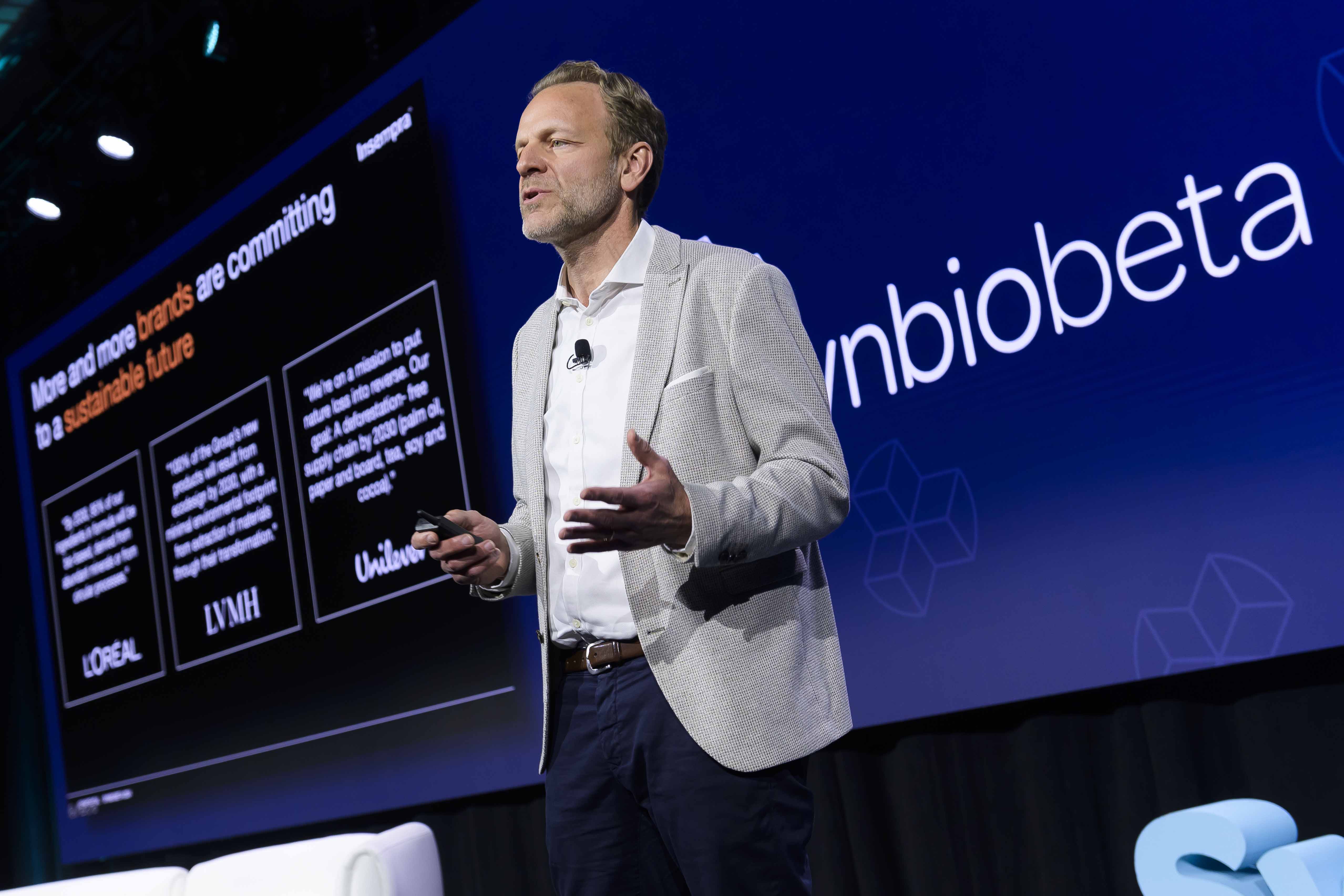Series A? More Like Series Amazing: Insempra’s $20M Win
Growing fast, with a laser focus to market, Insempra might become the success story the synbio community needs right now.
Jun 5, 2024
[Image courtesy of Insempra]
Jens Klein, CEO and co-founder of Insempra, couldn’t hide his elation about the closing of their Series A round last month. In a difficult environment for startups and investors, Insempra’s success shows that good ideas and promising companies can find support. “We already had traction, which gave the investors confidence that we’re not just talking—there must be something more behind,” Klein told me when I asked how he managed his recent closing. But how is a company from Munich building on its promise to provide the industry with bio-based ingredients, changing supply chains, and penetrating markets that have so far relied heavily on petrochemical feedstocks?

The Beginning: Build a Competent and Diverse Team
Klein was very familiar with providing bio-based alternatives for materials with high environmental impact. Till 2020, Klein was the CEO of AMSilk, the world's leading first industrial supplier of vegan silk polymers. But in early 2021, he decided he wanted to use synthetic biology to provide a multitude of compounds to the industry, making a company with a larger potential for impact and a bigger target market size.
At Insempra Jens Klein first assembled a small core team of serial Biotech entrepreneurs. Then gathered a team built around gender equality from various nationalities with complementing expertise, who formed the initial group. As the team grew, its expertise became one of the company's key selling points. Potential partners had the confidence that the company could deliver and tackle any product development challenges. And as I argued in a previous story, successful partnerships can make the difference between success and failure for a startup.

Focus on Market Needs and Industry-Driven Solutions
Insempra is a B2B company that sells ingredients to corporations in the cosmetics and food industries. “We ask ourselves, how can we effectively help the large brands to cure their pain points?” Klein said. Larger companies have pledges around sustainability and decarbonization, but sometimes geopolitical considerations also urge them to move supply chains closer to home. However, they also lack the ability to innovate as fast and effectively as a startup.
Insempra has built an arsenal to use microbes, both natural and engineered strains, to produce higher amounts of compounds. Last year, they announced the production of their first functional ingredient, alpha-ionone, a raspberry flavor, in partnership with Axxence Aromatic. The company has since developed more products, which is part of their business engagement strategy. “The industry is used to working with a few key suppliers that provide them with several ingredients,” Klein remarked. “They are not eager to work with tens of one-trick-pony startups that each specialize in a single molecule.”
Successfully bringing a product in the market has several stages, including deep knowledge about the competitive price points and how the alternate compound sources, be it natural extraction or petrochemical derived, can react to a new competitor entering the market. But all these considerations are for naught if the production can’t scale.
Scaling Up and Biomanufacturing
“Contract Manufacturing Organization (CMO) business is a people business,” Klein stated as soon as I asked him how he sources and maintains relationships with CMOs. He has extensive experience in working with such companies and he mentioned that CMOs prefer clients who are reliable and can maintain a steady flow of contracts and use their production slots.
Insempra invested early on in hiring bioprocess engineers, expertise essential in planning how to produce in large volumes from day one.

What is next for Insempra? Startups always fundraise, and Klein is ready to start approaching Series B funds, educate them, and prepare the market for the next raise. The company aims to continue innovating in the food and cosmetics space, bring more products to the market, and—more importantly, from a community perspective—show that an ingredients synbio company can be successful. We may be a few years away from being able to compete with bulk commodity chemicals, but microbial-derived compounds can already enter markets and disrupt whole industries.
Insempra’s story might be what the synthetic biology community needs right now: a company with the aim and potential to succeed where other high-profile companies have struggled in the competitive bio-based ingredients space. I asked Jens Klein what advice he would give to prospective entrepreneurs: “Be brave and come into this space; this is the space where you can really make a difference and support biodiversity and humanity’s climate goals.”


















